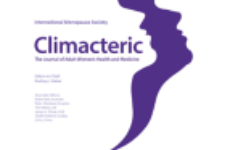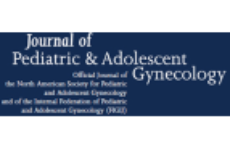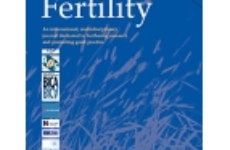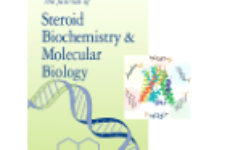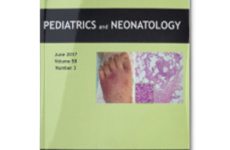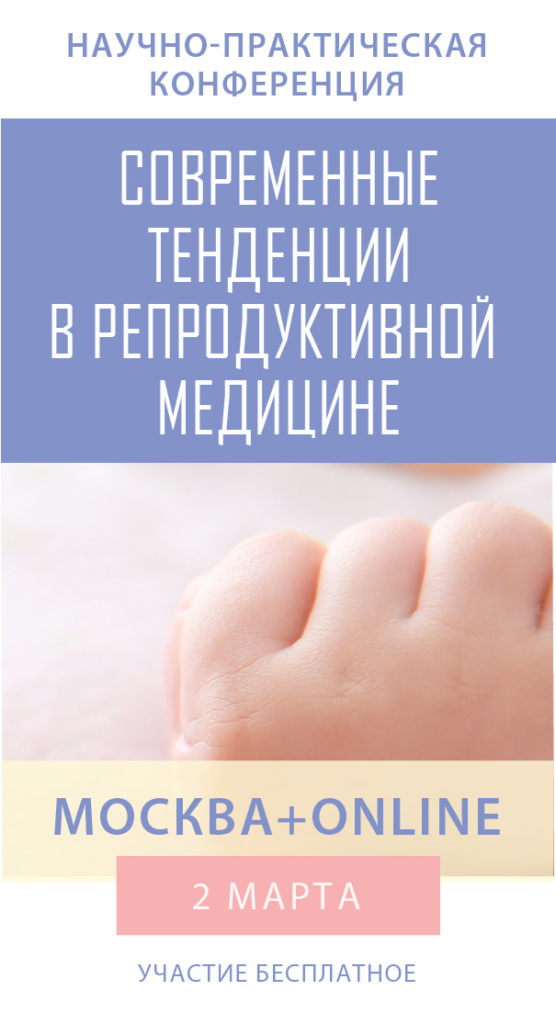Background
Smoking during pregnancy is associated with adverse maternal and neonatal outcomes such as preterm delivery, intrauterine growth restriction, stillbirth, and low birth weight. Because smoking causes oxidative stress, some have suggested using antioxidants to counteract the effects of oxidative stress. Smokers have lower serum levels of omega-3 fatty acids, an important antioxidant, and thus, investigating whether omega-3 supplementation in smokers reduces adverse maternal and neonatal outcomes represents an important area of research.
Objective
To investigate whether the antioxidant effect of omega-3 fatty acid supplementation on the incidence of adverse pregnancy outcomes differs between smokers and nonsmokers.
Study Design
Secondary analysis of a multicenter randomized controlled trial of omega-3 supplementation for preterm delivery prevention in women with a singleton pregnancy and a history of a previous singleton spontaneous preterm delivery. Subjects were randomized to begin omega-3 or placebo before 22 weeks, which was continued until delivery. All women received 17 alpha-hydroxyprogesterone caproate intramuscularly weekly beginning between 16 and 20 weeks of gestation and continued until 36 weeks of gestation or delivery, whichever occurred first. The primary outcome was spontaneous preterm delivery. Secondary outcomes were indicated preterm delivery, any preterm delivery (spontaneous and indicated), pregnancy-associated hypertension (gestational hypertension and preeclampsia), a neonatal composite (retinopathy of prematurity, intraventricular hemorrhage grade III or IV, patent ductus arteriosus, necrotizing enterocolitis, sepsis, respiratory morbidity, or perinatal death), low birth weight (<2500 g), small for gestational age (less than the 10th percentile), and neonatal intensive care unit or intermediate nursery admission. The study population was stratified into smokers and nonsmokers, and the incidence of each outcome was compared by omega-3 supplementation versus placebo in each subgroup. Zelen tests were performed to test for homogeneity of effect in smokers and nonsmokers.
Results
Of 851 subjects included in the analysis, 136 (16%) smoked. Baseline characteristics between omega-3 and placebo groups did not differ in smokers or nonsmokers. Omega-3 supplementation was associated with a lower risk of spontaneous preterm delivery in smokers (relative risk, 0.56, 95% confidence interval, 0.36–0.87) but not in nonsmokers (relative risk 1.04, 95% confidence interval 0.84–1.29); P value for interaction = 0.013. Low birth weight was also less frequent in smokers receiving omega-3 supplementation (relative risk 0.57, 95% confidence interval 0.36–0.90) compared with nonsmokers (relative risk 0.93, 95% confidence interval 0.71–1.24); P value for interaction = 0.047. The effect on other secondary outcomes did not differ significantly between smokers and nonsmokers.
Conclusion
Omega-3 supplementation in smokers may have a protective effect against recurrent spontaneous preterm delivery and low birth weight.
Key words:
low birth weight, omega-3 supplementation, preterm birth, preterm delivery, smoking, spontaneous preterm delivery, tobacco abuse
Spencer G. Kuper, MD, Adi R. Abramovici, MD, Victoria C. Jauk, MPH, MSN, ANP-BC, Lorie M. Harper, MD, MSCI, Joseph R. Biggio, MD, Alan T. Tita, MD, PhD
Am J Obstet Gynecol. 2017 May 23. pii: S0002-9378(17)30644-0



